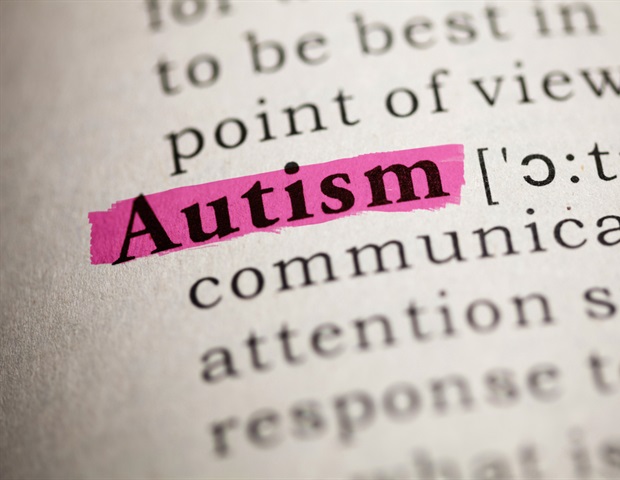Autism spectrum disorder (ASD) is a neurodevelopmental disorder characterized by impairments in social communication and the presence of repetitive and restricted behaviors or interests. The American Academy of Pediatrics (AAP) recommends autism-specific screening at 18- and 24-month well-child visits, yet earlier diagnosis has been shown to be associated with improved treatment outcomes. Despite the AAP recommendation, the average age of diagnosis varies widely across the U.S., ranging from 36 to 63 months. Even when routinely screened and appropriately referred to specialty clinics, delays in diagnosis can be attributed to limited availability of developmental-behavioral pediatricians (DBP).
To address this delay, researchers at Boston University Chobanian & Avedisian School of Medicine have proposed a mini fellowship training program for pediatricians that can expedite and facilitate an equitable approach to assessing young children with developmental delays and connect them to therapies and other resources.
Pediatric clinicians have an important role to play in the detection and diagnosis of ASD. Further, pediatric clinicians can recognize signs of ASD, help facilitate diagnosis as well as connect families to available developmental and educational resources in the community.”
Mona Doss Roberts, DO, corresponding author, assistant professor of pediatrics
In a pilot program at Boston Medical Center (BMC), primary care pediatricians at received DBP mini-fellowship training six hours per week for one year to become a developmentally trained-primary care clinician. These trainings involved observation and participation in DBP evaluations and follow-up visits of children age one through 22 years as well as carrying out aspects of the Autism Diagnostic Observation Schedule (ADOS-2), Childhood Autism Rating Scale and various other developmental assessments. Formal two-day in person ADOS-2 training was provided. The developmentally trained clinicians also attended a weekly curriculum following the American Board of Pediatrics competency requirements.
Following completion of this mini-fellowship training, these pediatricians assessed patients four years of age and younger referred to DBP for developmental assessment by the primary care clinician. A total of 70 patients with a mean age of 29.5 months were seen. This streamlined referral process resulted in a decrease the average days to initial developmental assessment from 135.3 days to 67.9 days. Of the 43 patients that required further evaluation by a Developmental-Behavioral Pediatrician, the average days to developmental assessment dropped from 290.1 to 120.4 days.
According to the researchers, this training led to more patients receiving comparable access and fewer protracted wait times for their initial assessment of greater than one year, with the new average wait time of approximately two months.
“Importantly, the faster time to initial assessment corresponded to improved access for developmental assessment by DBP, added Doss Roberts, who also is a pediatric specialist at BMC.
These findings appear online in the Journal of Developmental & Behavioral Pediatrics.
This project was supported by the Health Resources and Services Administration (HRSA) of the U.S. Department of Health and Human Services (HHS) as part of an award totaling $ $913,151.00 with 0 percentage financed with non-governmental sources. The contents are those of the author(s) and do not necessarily represent the official views of, nor an endorsement, by HRSA, HHS or the U.S. Government.
Source:
Journal reference:
Roberts, M. D., et al. (2023) Developmentally-Trained Primary Care Clinicians: A Pipeline to Improved Access?. Journal of Developmental & Behavioral Pediatrics. doi.org/10.1097/DBP.0000000000001178.
